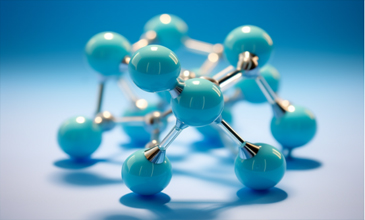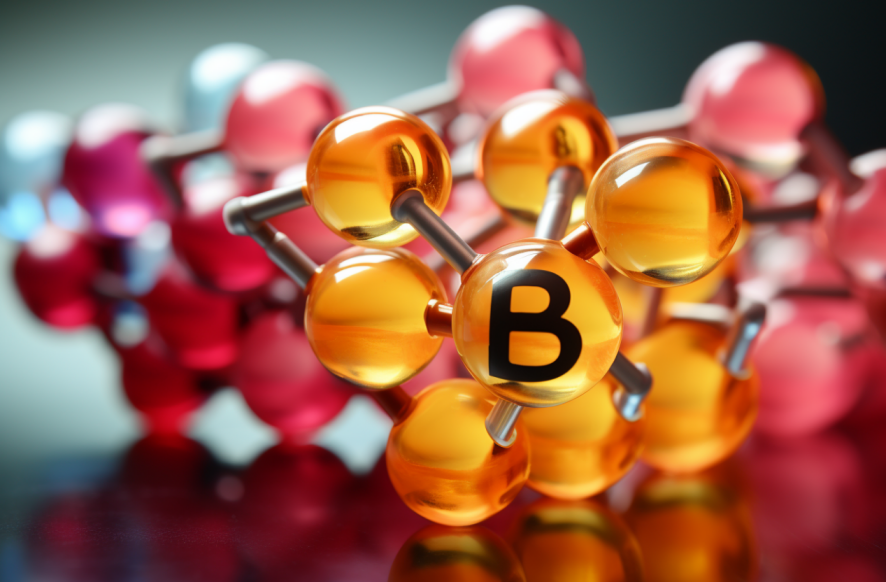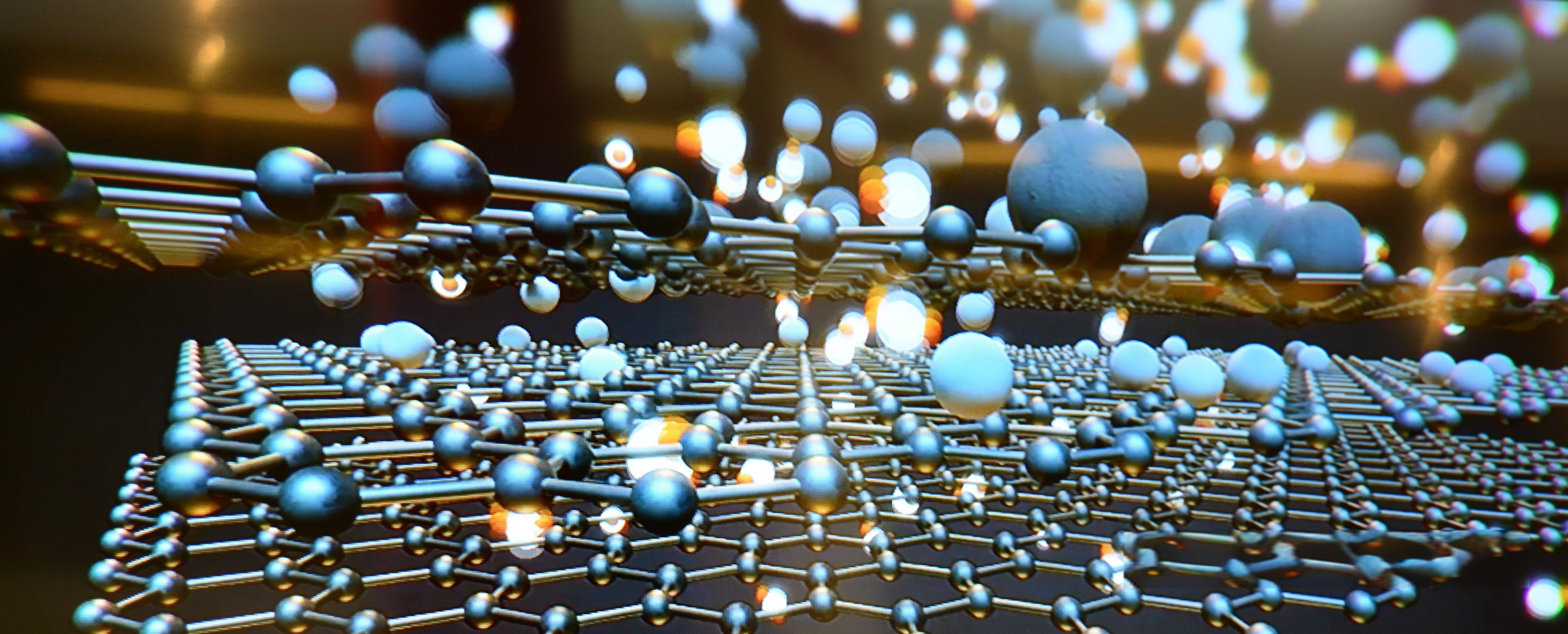1,2-Bis(4-Nitrophenoxy)Ethane: Best Polyimide Powerhouse
In the expansive realm of industrial chemistry, certain compounds distinguish themselves not by their recognizability among the general public, but rather through their unique capability to enhance the strength, resilience, and durability of other materials. One such example, often overlooked yet critically important, is 1,2-Bis(4-Nitrophenoxy)Ethane. Have you ever contemplated what makes materials like polyimide fibers and films so robust, enabling them to withstand the harshest conditions? The secret lies in powerful chemical agents such as 1,2-Bis(4-Nitrophenoxy)Ethane, which plays a pivotal role in advanced industrial processes. But what is the nature of this compound, and why is it so integral to material science?

Unpacking 1,2-Bis(4-Nitrophenoxy)Ethane: What Exactly Is It?
A Closer Look at the Compound
At its essence, 1,2-Bis(4-Nitrophenoxy)Ethane is a chemical compound that finds its application in high-performance materials. Known by various names—such as 1,2-Bis(4-nitrophenoxy)ethane, 1,2-Bis(p-nitrophenoxy)ethane, and Ethylene glycol bis(4-nitrophenyl) ether—this compound, with its CAS number 14467-69-7, carries a molecular weight of 304.26. Typically offered at a purity of no less than 99%, it serves a critical function in enhancing the structural and thermal properties of polyimide materials. Polyimides, a family of polymers renowned for their resistance to extreme heat and mechanical stress, greatly benefit from this compound.
The Role of Polyimide Cross-Linking
One of the principal applications of 1,2-Bis(4-Nitrophenoxy)Ethane is as a cross-linking agent in polyimides, which are utilized in creating fibers, films, and slurries. Cross-linking is a chemical process wherein polymer chains are interconnected, yielding a more stable and robust structure. This crucial process enhances both the thermal and mechanical attributes of polyimides, making them particularly well-suited for use in industries such as aerospace and electronics, where materials must endure extreme operational conditions.
A Versatile Intermediate in Organic Synthesis
In addition to its application in polyimides, 1,2-Bis(4-Nitrophenoxy)Ethane also functions as an essential intermediate in organic synthesis, facilitating the creation of a variety of complex molecules. This dual functionality adds to its versatility and importance across a broad spectrum of industrial chemical processes. Suppliers like UniVOOK Chemical offer custom manufacturing services to meet the diverse and specific needs of different industries, ensuring that this compound is always available in the form required by a given application.
Industrial Challenges in Polyimide Manufacturing
Overcoming the Heat Resistance Barrier
One of the foremost challenges in the production of high-performance polyimide materials lies in ensuring exceptional heat resistance. Polyimides are often deployed in environments where temperatures are exceedingly high—such as in aerospace components or electronic insulation. However, achieving uniform and reliable thermal resistance across polyimide formulations is not always guaranteed. Without the inclusion of the proper cross-linking agents, these materials can degrade or lose their mechanical strength when subjected to prolonged high-temperature exposure.
How 1,2-Bis(4-Nitrophenoxy)Ethane Mitigates Heat-Induced Degradation
The inclusion of 1,2-Bis(4-Nitrophenoxy)Ethane as a cross-linking agent addresses this issue directly. By forming stable chemical bonds, this compound ensures that the structure of polyimide fibers, films, and slurries remains intact, even under extreme thermal conditions. In doing so, it significantly bolsters the thermal stability of polyimides, allowing these materials to retain their mechanical strength, shape, and performance in environments where other materials might falter or fail.
Mechanical Durability Under Stress: Enhancing Polyimides’ Robustness
While heat resistance is critical, mechanical durability is equally important, especially in industries where materials face substantial stress. In sectors like aerospace, where materials endure high mechanical loads and strain, polyimides must exhibit toughness and resilience. The cross-linking facilitated by 1,2-Bis(4-Nitrophenoxy)Ethane proves invaluable in enhancing these mechanical properties. By generating a network of strong molecular bonds, it aids in preventing the polymer from tearing, stretching, or cracking, even under intense pressure and load-bearing conditions.
Tailored Solutions for Industrial Applications
Polyimide Films in Electronics: A Precise Solution
One of the primary uses of polyimides is within the electronics industry, particularly as insulating layers for cables and flexible circuits. These materials must be highly resistant to heat and possess superior electrical insulation properties. The inclusion of 1,2-Bis(4-Nitrophenoxy)Ethane in polyimide films helps achieve the dual objectives of thermal resilience and electrical insulation, ensuring that these materials can handle high temperatures without sacrificing performance. This makes polyimide films indispensable in electronic devices where precision, reliability, and performance are critical.

Polyimide Fibers for Aerospace: Strength in Lightness
In aerospace engineering, materials are chosen based on two key factors: weight and strength. Polyimide fibers offer an ideal solution, being both lightweight and capable of enduring extreme temperatures and mechanical stresses. The role of 1,2-Bis(4-Nitrophenoxy)Ethane in cross-linking these fibers is fundamental. This compound enables the production of fibers that are not only strong but also resilient to the harsh environments encountered in both space and high-altitude flights. Whether utilized in spacecraft components or structural elements in aircraft, the fibers cross-linked with this compound ensure that the materials meet the rigorous demands of modern aerospace applications.
Protective Coatings: Polyimide Slurries
Another important application for polyimides is in the creation of protective coatings, typically in the form of slurries. These coatings are applied to protect surfaces from extreme temperatures, chemical exposure, and mechanical wear. In these cases, the cross-linking action of 1,2-Bis(4-Nitrophenoxy)Ethane plays a key role in improving both the durability and thermal resistance of the coatings, ensuring that surfaces remain protected even under the most challenging conditions.
Customized Solutions for Industry Needs
Adapting 1,2-Bis(4-Nitrophenoxy)Ethane to Meet Specific Industrial Requirements
The industrial landscape is diverse, and not all sectors require the same formulation or purity level of 1,2-Bis(4-Nitrophenoxy)Ethane. In response to this, companies like UniVOOK Chemical offer custom manufacturing solutions to cater to a variety of unique industry requirements. Whether a particular purity level is necessary, or if a specific application demands a tailored version of the compound, flexible customization ensures that 1,2-Bis(4-Nitrophenoxy)Ethane can be adapted to meet even the most stringent industrial challenges.
Navigating Regulatory Compliance
Many industries operate under strict regulatory standards, particularly regarding the materials used in production. Whether the challenge involves meeting aerospace safety regulations or complying with environmental guidelines in electronics manufacturing, the ability to customize 1,2-Bis(4-Nitrophenoxy)Ethane provides manufacturers with the flexibility needed to remain compliant. Companies such as UniVOOK Chemical not only deliver high-purity versions of the compound but also provide the necessary documentation and technical support to assist manufacturers in achieving regulatory compliance.
Why Choose UniVOOK Chemical?
A Commitment to Quality and Expertise
As a leading provider of 1,2-Bis(4-Nitrophenoxy)Ethane, UniVOOK Chemical brings extensive expertise to the market, offering high-quality products tailored to the specific needs of their clients. With a focus on purity (a minimum assay of 99%) and customizable solutions, UniVOOK has become a trusted partner for businesses relying on this compound to enhance the performance of their materials.

Tailored Solutions for Specialized Needs
More than just a supplier, UniVOOK Chemical works closely with clients to understand their unique requirements, providing bespoke solutions that meet the precise demands of their industry. Whether developing new formulations or managing tight delivery schedules, UniVOOK’s ability to handle special requests with efficiency and professionalism sets them apart in the chemical manufacturing industry.
Conclusion: The Hidden Influence of 1,2-Bis(4-Nitrophenoxy)Ethane
While it might not be a household name, 1,2-Bis(4-Nitrophenoxy)Ethane plays an indispensable role in modern industrial chemistry, particularly in the cross-linking of polyimides. Its importance spans multiple sectors, including aerospace, electronics, and protective coatings, where its influence ensures that materials can withstand the extreme conditions of the modern world. As industries continue to push the boundaries of material performance, 1,2-Bis(4-Nitrophenoxy)Ethane will remain a critical component, supported by companies like UniVOOK Chemical, which provides customized solutions and technical expertise to unlock its full potential.
Access Our Product Catalog and More to Discover High-Performance Chemicals Tailored to Your Business Needs




